- Directory
- GUILLET Laurent
GUILLET Laurent
Faculty - Université de Bretagne Sud

Laurent Guillet is an assistant professor at the Université Bretagne Sud. His research activities focus on human behavior in professional contexts.
He obtained his PhD degree in social health psychology in 2002 from the University of Nantes. His works were first devoted to stress assessment in accidental situations, and then in situations involving various occupational stressors. These studies led to model the cognitive activity of operators belonging to different target populations.
He was hired by the Université Bretagne Sud in 2004, at a time when the research team investigated risk of maritime activities. He worked for a few years on the topics of risk perception among seafarers and stress in survival situations.
In keeping with his studies on stress management, he developed then research works in a cyber defense context. This research axis involves studying the behavior of cyber-defenders, identifying the existence of shared mental models among team members, determining the impact of stress and mental load on team work and team performance.
Another topic is related to the study of acceptability and appropriation. Studies carried out in this domain rely on a psycho-ergonomic approach. This approach has been used to identify, very early in the design process, obstacles and incentives associated with the acceptability of a technological innovation. For example, the aim of the Interreg INDIGO project is to enhance the acceptance of a new biodegradable fishing gear at an early stage and to carry out user tests following the design of a prototype. Another project aims to promote the acceptability of a device (smartphone application) dedicated to the early detection of pathologies among pregnant women. It also relies on a two-stage approach including the identification of obstacles and incentives for use in a first time and the realisation of user tests in a second time.
